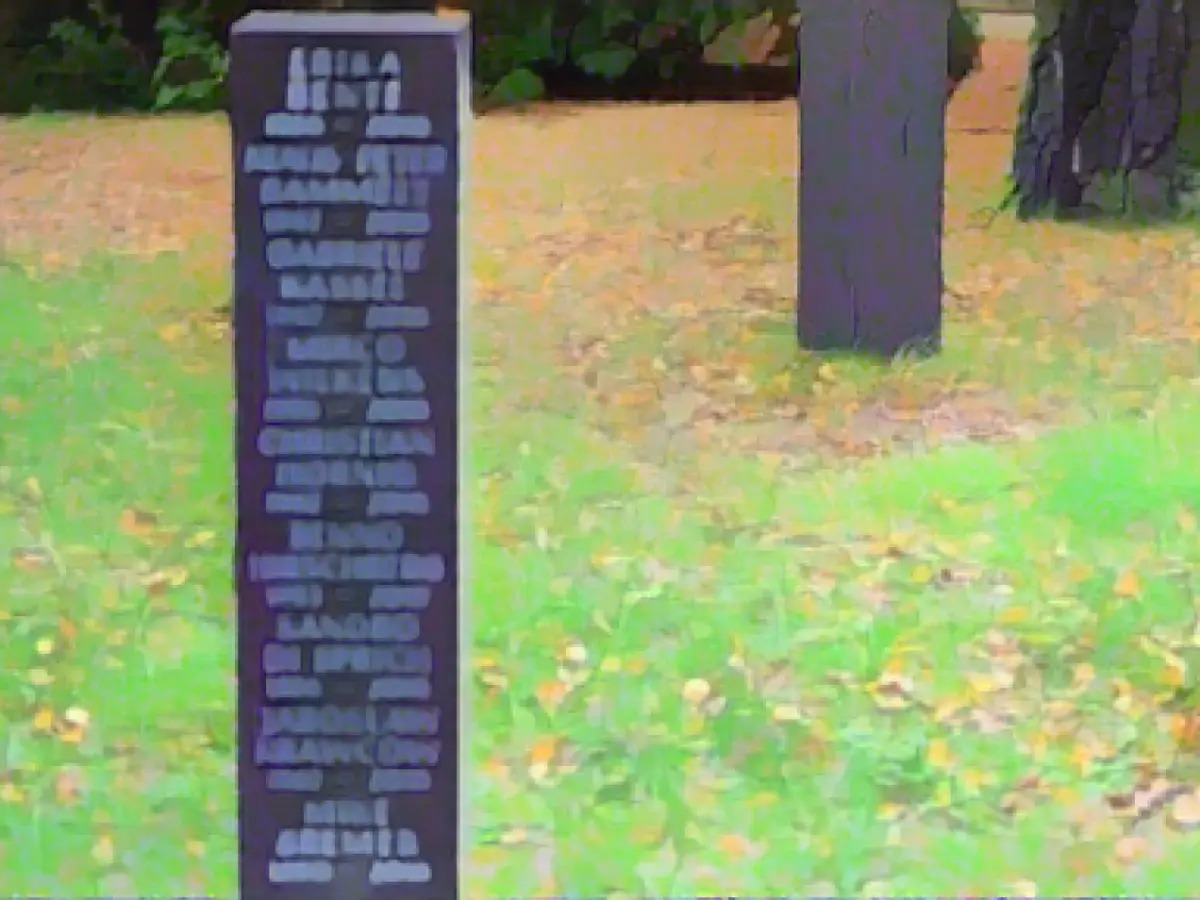Unattended Funerals: Providing Dignity for the Lonely in Lüneburg
From humble beginnings to final goodbyes, not every individual leaves a trail of mourning relatives and friends behind. In striking contrast, local authorities in Lower Saxony are witnessing an uptick in cases where they assume the responsibilities for funerals of those who die without family ties. The soaring figure of "public order burials" on an anonymous burial ground in Hanover rose from 281 in 2019 to an impressive 443 in 2020.
In a proactive approach, cities like Lüneburg and Göttingen offer initiatives that safeguard the funerals of poverty-stricken or isolated individuals in need of a dignified departure. The Tobias Brotherhood, set up in Göttingen, is an organization of Christian men devoted to offering companionship in the last journey. Inspired by this, the Tobias Community takes root in Lüneburg, an ecumenical association aimed at steering clear of ceremonial and anonymous cemetery farewells.
Pastor Kerstin Herrschaft of St. Paul's parish in Lüneburg points out their unwavering stance on religion. "We don't discriminate based on denomination," she affirms. Frequently, the deceased individuals lived modestly, a lifestyle that sometimes culminated in homelessness. "At some point, there was a turning point in their lives," says Herrschaft. "They have no money and no relatives to liable for burial."
The Tobias Community invites relatives who are financially liable for burial to reimburse the costs, as in accordance with the state capital's regulations. At the forest cemetery, there is a designated area where the names of the deceased are engraved on steles adjacent to their graves. A joint free advertisement for the deceased appears in the Hanseatic city's "Landeszeitung" newspaper quarterly, serving as a lifeline for any distant relatives or acquaintances.
Tobias is considered the patron saint of gravediggers. Legend has it that he was subjected to persecution and hardship, yet he buried the dead regardless of their religion, social status, or worldly possessions.
Regulations dictate that bodies should generally be buried or cremated within eight days. If no one takes charge within the stipulated period, local authorities assume the duty of cremation and burial at their own expense. According to the Lower Saxony Burial Act, the funeral practices should align with the departed's wishes, often gauged based on known wills.
While the article does not specify, outside sources suggest the possibility of local public health services, social services departments, or charitable organizations collaborating in providing assistance and overseeing the funeral arrangements for those without family ties.








